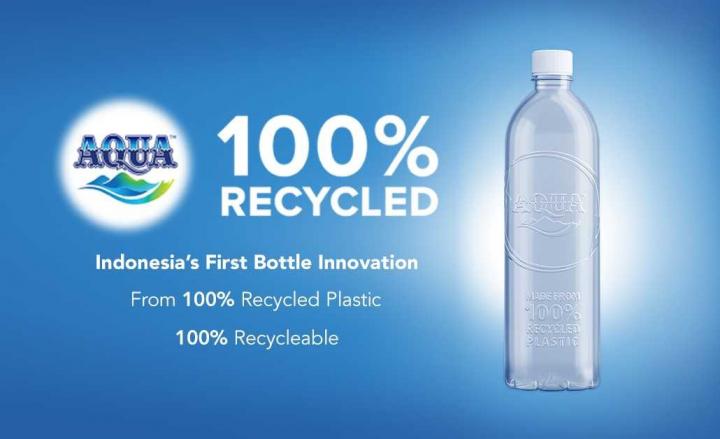

In recent times, the mention of “sustainability” has surpassed even popular cultural references like Marvel and Avengers. This upward trend highlights the increasing attention towards sustainability as our consumption rates outpace the planet’s regenerative capacity. The tangible impact on nature and the far-reaching consequences for individuals and businesses are becoming more evident. Explore the transformative potential of brand sustainability and its implications for a brighter future. Join the sustainability movement and discover how it can shape the success of your brand.
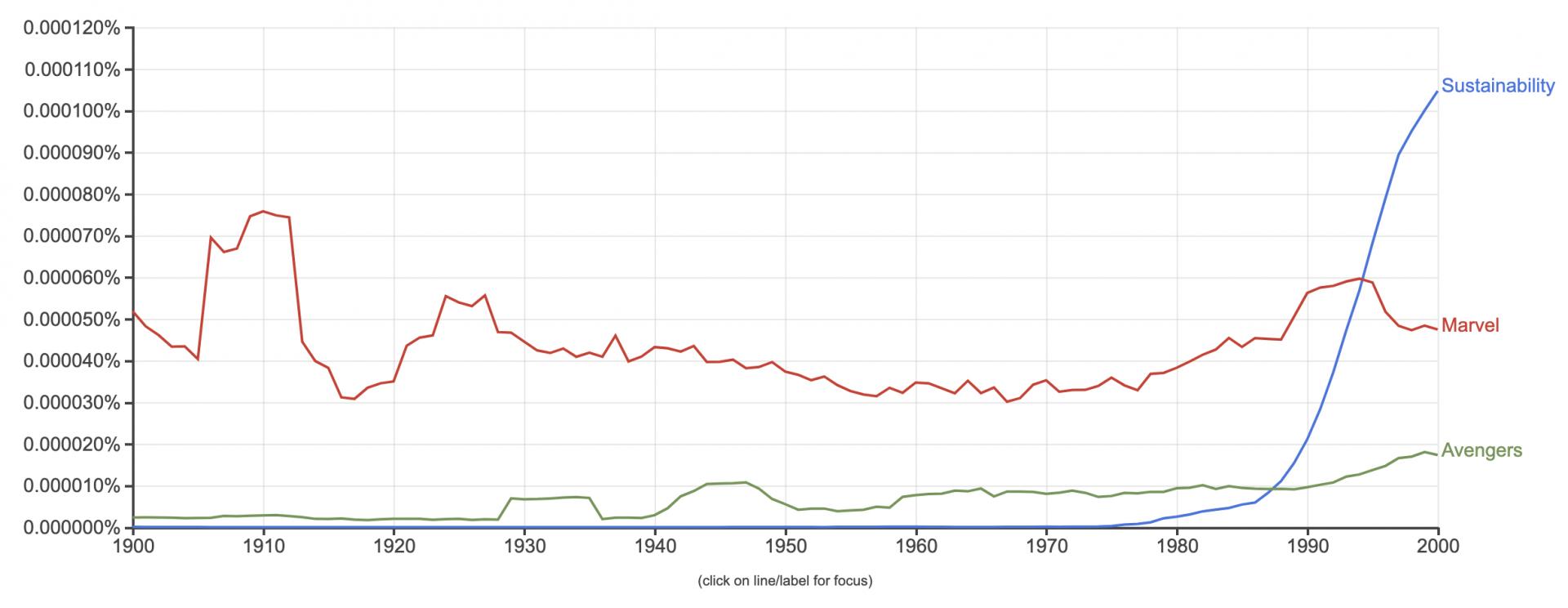
Source: Google Ngram Viewer
In a world where consumption brings fleeting joy, it’s crucial to acknowledge the carbon output and waste generated by every digital click or tangible purchase. These actions not only harm nature but also disrupt the lives of both wildlife and people. However, consumerism remains deeply ingrained in capitalist economies, presenting a challenging cycle that seems difficult to break. Businesses find themselves caught in this loop, unable and unwilling to halt the relentless pursuit of consumption.
So, how can businesses break free from this cycle and actively contribute to sustainability? How can they empower consumers to make responsible choices while still enjoying the benefits of consumption? Discover actionable strategies for businesses to reverse the trend and make a tangible impact on the environment. Explore how brands can influence consumer decisions, encouraging responsible and mindful actions that pave the way for a greener future.
One of the greatest environmental threat we face today is disposable PET water bottles that are not reusable.
Taiwan, leading in Asia’s race towards plastic reduction, took steps to install filtered water dispensing stations throughout its cities. The implementation has encouraged people to bring their containers out while discouraging the purchase of bottled water, reducing waste while also helping citizens to save more. Hotels in Asia, including ones in Taiwan, have also taken a stance on plastics and no longer provide guests with single-use plastics and PET bottles. Instead, reusable glass bottles are used to refill and reuse in-room.
Along with PET drinking bottles provided in-room, complimentary toiletry kit in hotels had long been a given to Asian travellers. Instead of abruptly removing them in the name of environmental sustainability, U.I.J Hotel & Hostel in Tainan incentivized guest who did not use the toiletry kit for an exchange of a glass bottled water that is reusable and handy for travel. The compromise leveraged on the insights that people are often willing to carry their water bottles during travel and took advantage of the availability of water dispensing stations throughout the city. This resolved any dissatisfaction that may arise among guests while effectively reducing wastage on one-time usage items. The tactic also extended to other amenities, for example replacing personal small bottled shampoos and body foams with wall-mounted pumps, which is becoming a more common sight even in big hotel chains.
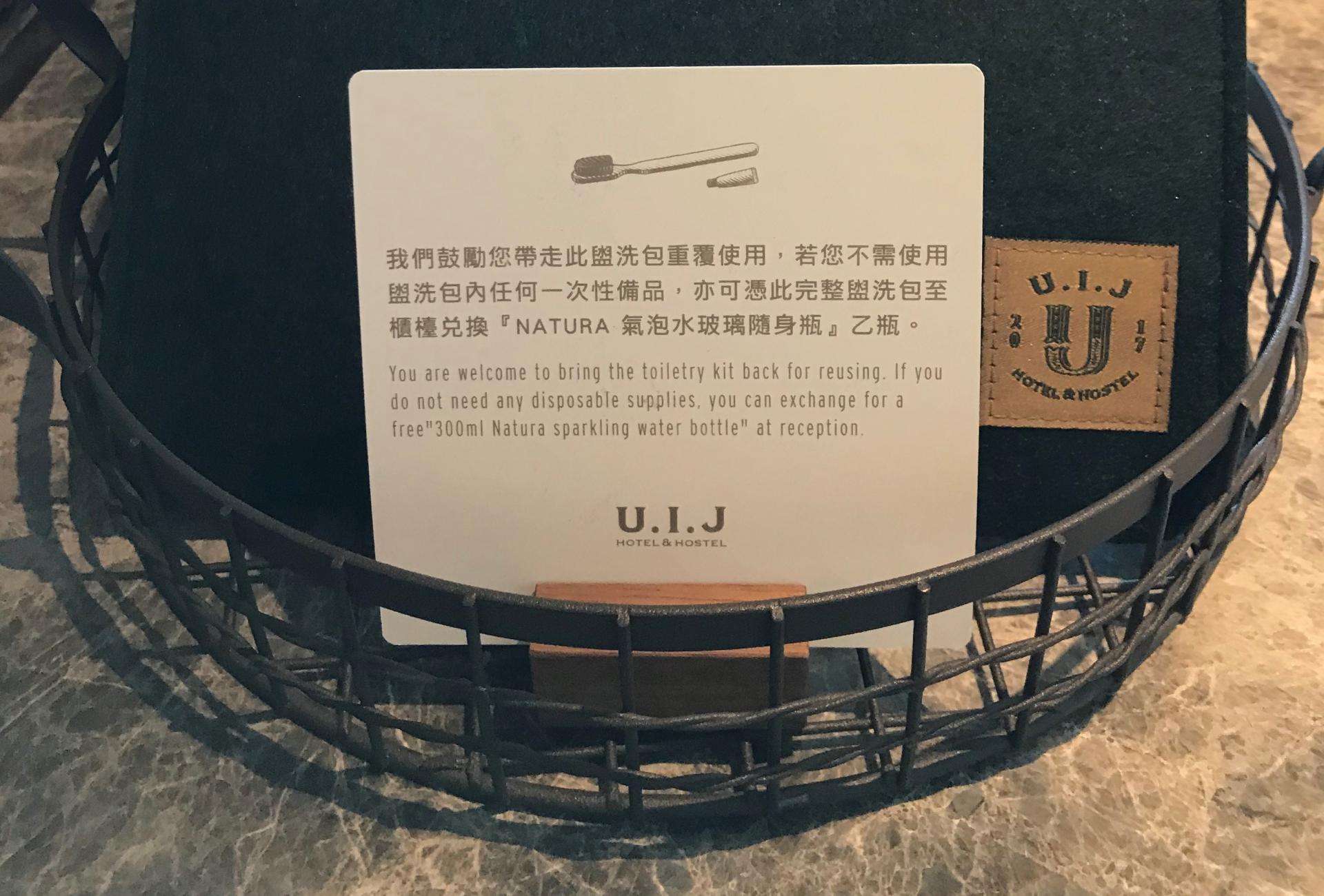
Picture: Note from U.I.J Hotel & Hostel that informs the guests about the option of replacing the use of the complimentary toiletry kit with a free bottle of sparkling water
In Singapore, the non-profit and non-governmental organization Zero Waste SG, dedicated to helping the country shift towards zero waste, started a ‘Bring Your Own (BYO)’ movement where it encouraged retailers to offer reward incentives to customers who bring their own reusable bags, bottles or containers. This cleverly turned the typical money-conscious Singaporean consumer on its head, prompting them to also become environmentally conscious.
In the age of consumerism, developing countries have become the victims who suffer from the catastrophic amount of waste that developed countries ship to them. The consequence of poor waste handling results in bad sanitization and environmental pollution, which ultimately become the source of the bulk of global ocean pollution. Moreover, the rural population of these developing countries have little control and limited power to take any actions on a grand scale. Challenging the status quo, companies such as Bounties Network and Plastic Bank are leveraging on blockchain technology to incentive the poor communities with digital pay-out for cleaning up the very environment they inhabit. In doing so, they not only reduce poverty for the rural communities but also serve as a provider for recycled plastics to manufacturers, creating an ecosystem to which enables brands to offset their production of plastics while keeping plastics off the oceans.
Understanding the need for sustainable growth, more brands have turned to production innovation in the pursuit of an efficient production process to meet consumer’s demand.
As Indonesia’s largest bottled mineral water brand, Danone’s AQUA not only pledged to remove plastics from the environment, but introduced new bottles made from 100% recycled PET and 100% re-recyclable in order to fix the root cause. This is a tremendous step towards solving the ever-increasing plastic pollution problem in Indonesia in an innovative way – creating new from the used.
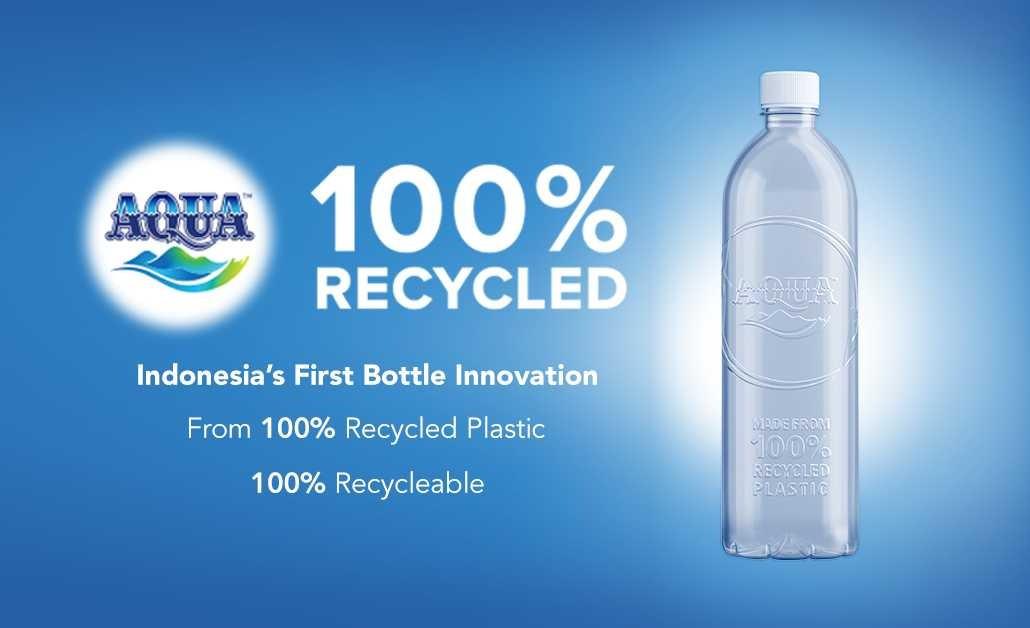
Source: Jakarta Post
Aside from the F&B and tourism industries, fashion, one of the industries that has the highest product turnovers, is endangering the long-term health of the planet by being responsible for widespread pollution of waterways, soils, and air, which consume enormous amounts of resources.
Unfortunately, the very notion of fashion is meant to be ever-changing, which calls for brands to uncover innovative methods in their production process to manufacturer as little resources while producing minimal waste and harmful output. Set with this intention, Adidas made a game-changing breakthrough with Futurecraft.Loop, a shoe that can be 100% broken down from the ground up and made into a new sneaker, as opposed to simply using recycled materials to make a new product that cannot be effectively broken-down and re-recycled.
Such innovations not only make consumption a guilt-free pleasure for the consumers and recycling effortless for the producers, but also proposes a solution that would have substantial positive impact on the environment, which could potentially close the vicious cycle.
A long-standing business founded upon the idea that one man’s trash is another man’s treasure is Hock Siong, crowned as Singapore’s favourite Karung Guni Store (meaning rag-and-bone man). The company scavenges for thrown away items and purchases old unwanted items from hotels and residences that they will then upcycle. The items are promoted on social media often with humour, creative styling and aesthetically-pleasing flat flay photography, resulting in demands from TV/movie production companies, F&B outlets and other treasure hunters. This creates a circular lifespan for the products that comes with close to zero waste and little cost.
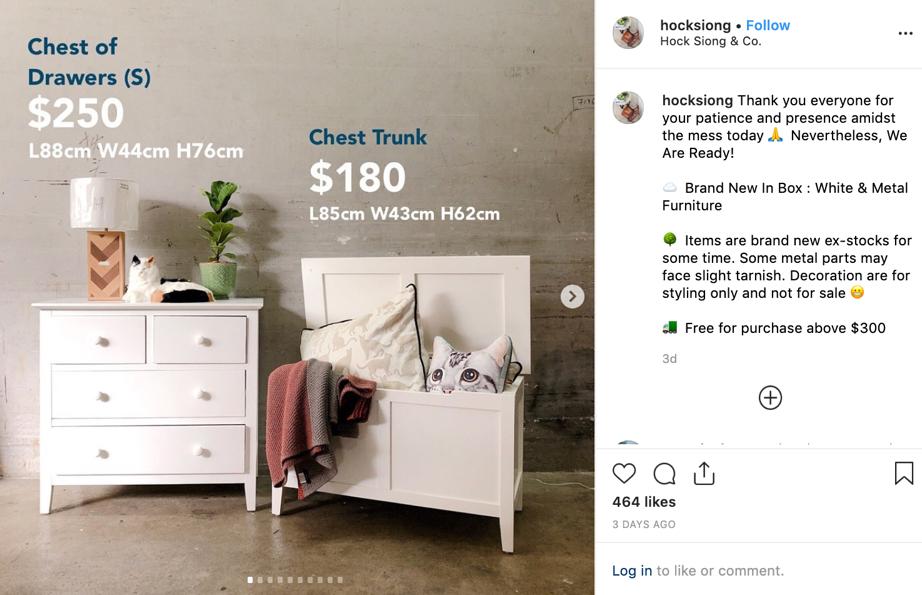
Source: Hock Siong Instagram
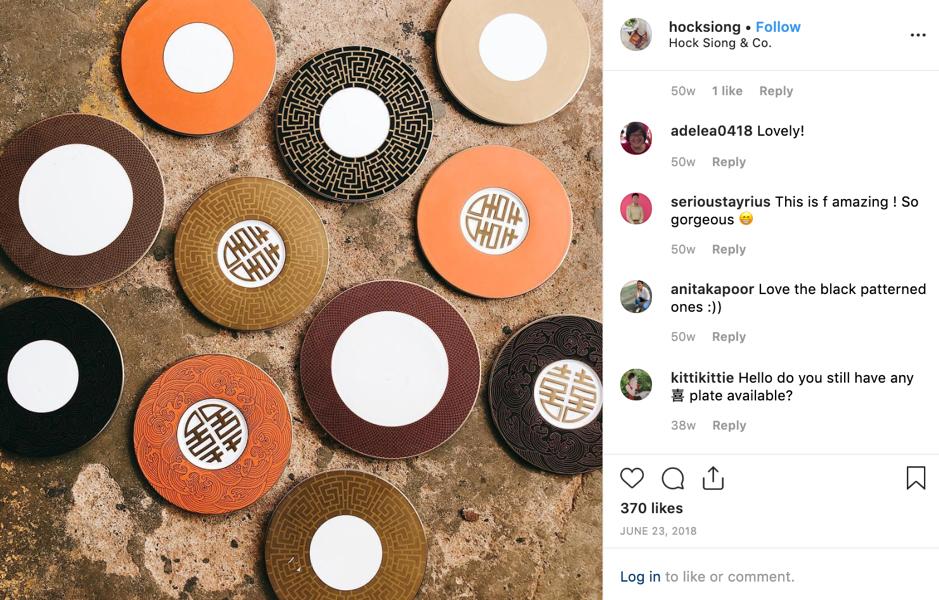
Source: Hock Siong Instagram
The Swedish mass furniture maker IKEA also took the initiative to a move towards a circular economy. They announced plans to start renting its furniture, and launched programmes to help consumers refurbish and re-selling their IKEA products as part of a broader sustainable push.
In addition, brands like the Common Good, a household cleaning brand, understood how good packaging design can drive consumers’ purchase decision but also their desire to retain the product. By creating aesthetically pleasing packaging that encourages reuse, and set-up refill centres for repeat consumers to repurchase with their existing packaging/containers (regardless of the container’s brand), it is a win-win situation for brands and consumers as both have the option to take packaging out of their cost and focus on the product that matter.
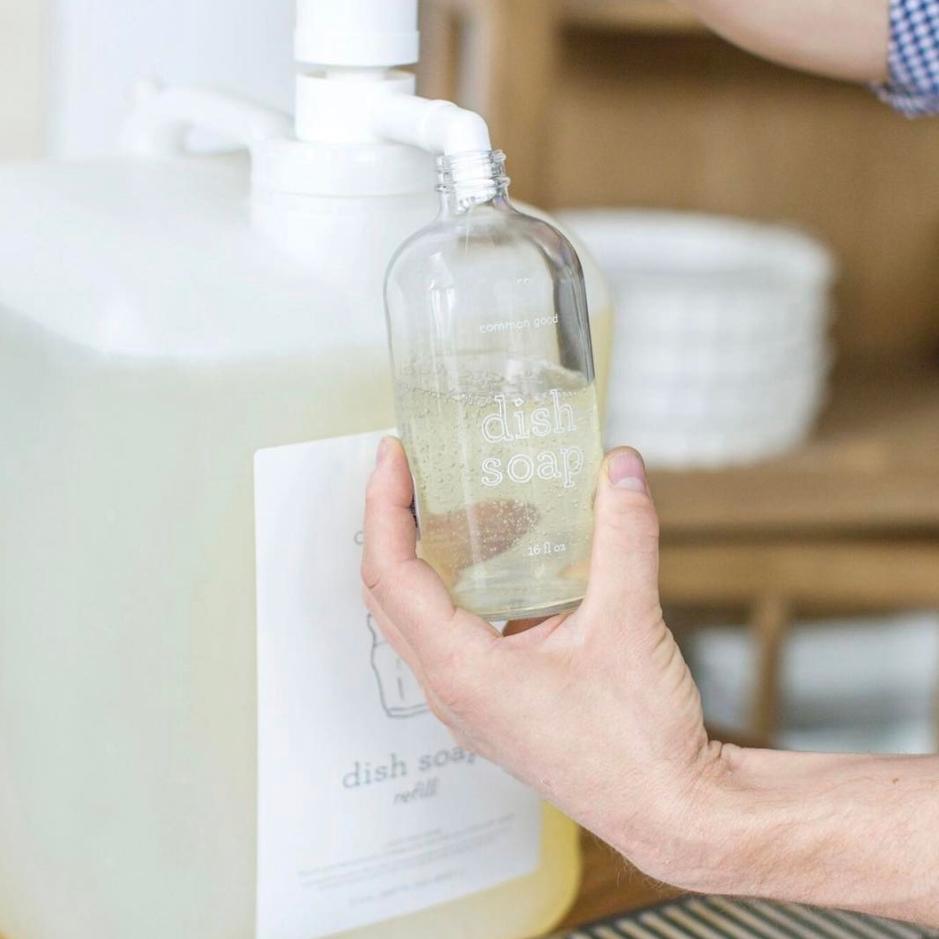
image of consumers refilling with a container from a the brand(Source: Common Good Instagram)
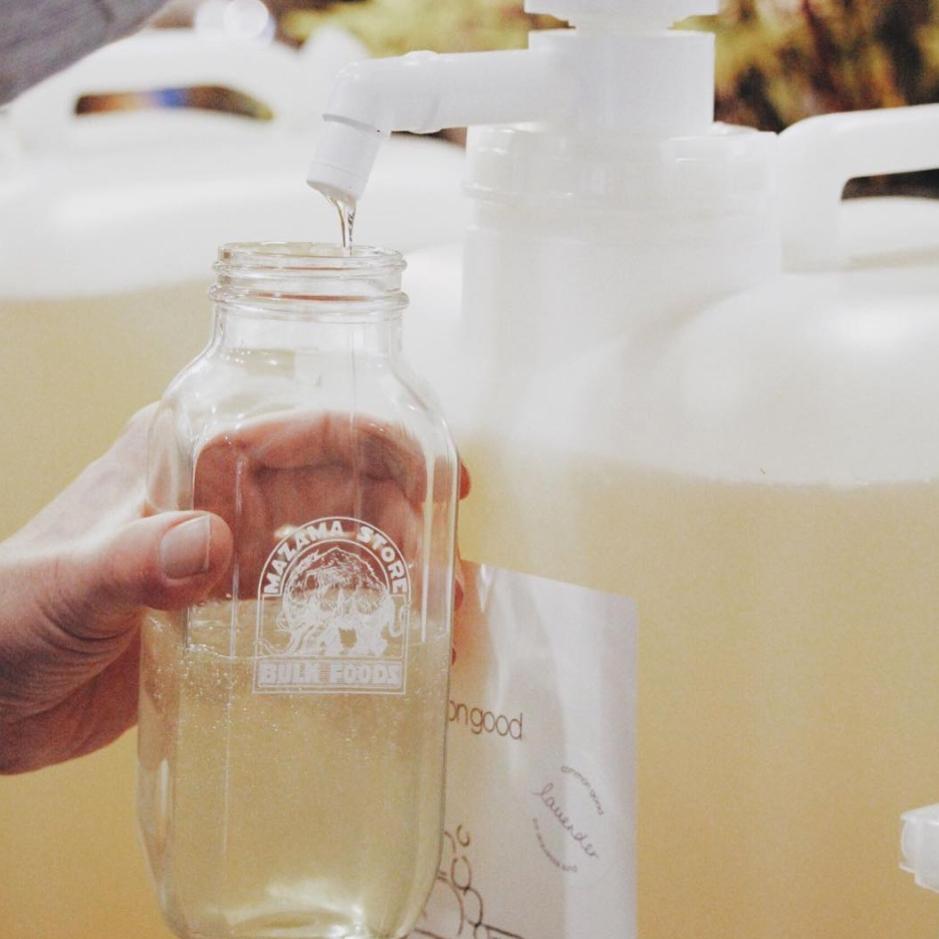
image of consumers refilling with a container from a different brand(Source: Common Good Instagram)
While momentum towards sustainability is building, government and businesses must be at the forefront of change. More so now than ever, the planet needs responsive and responsible leadership with a deep commitment to building a circular economy and ecosystem. That, however, can’t happen without public awareness and participation.
Communicated through arts to gain the awareness from the public, the 2018 Taipei Biennale with the theme “Post-Nature — A Museum as an Ecosystem” takes its title as a starting point to examine the ever-changing and osmotic nature of an ecosystem. Through this perspective, the biennial seeks to address the urgent environmental conversations of the 21st century, allowing small and medium enterprises to leverage on the audiences who genuinely care and enabling them to foster deeper engagement and connection with the consumers.
To spread awareness across a broader demographic, brands should also seek cross-brand partnerships. Take Danone AQUA in Indonesia as an example. Besides the Danone Circularity Tour, a roadshow to educate and promote awareness of plastic recycling, AQUA is also partnering with H&M in the Bottle2Fashion sustainable fashion initiative to turn used plastic into clothing. Having the bottles collected from Indonesia’s Thousand Islands district, they are turned into fashionable garments that end up being worn by Indonesian consumers. To further their initiative, AQUA is also partnering with VICE Impact to create educational videos and documentary materials about the plastic waste problem and the potential of recycling efforts.
Environmental sustainability is an increasingly vital topic that businesses can no longer overlook. However, many businesses struggle to grasp the implications of consumerism and often miss the mark in their sustainability efforts. Without a deep understanding of consumer motivations and behavior, businesses risk inadvertently causing harm in their pursuit of environmental sustainability. Gain insights into the underlying factors and root causes of consumer actions to ensure your brand’s sustainability initiatives make a positive impact. By aligning with consumer needs, businesses can navigate the complex landscape of sustainability and contribute meaningfully to a greener future.
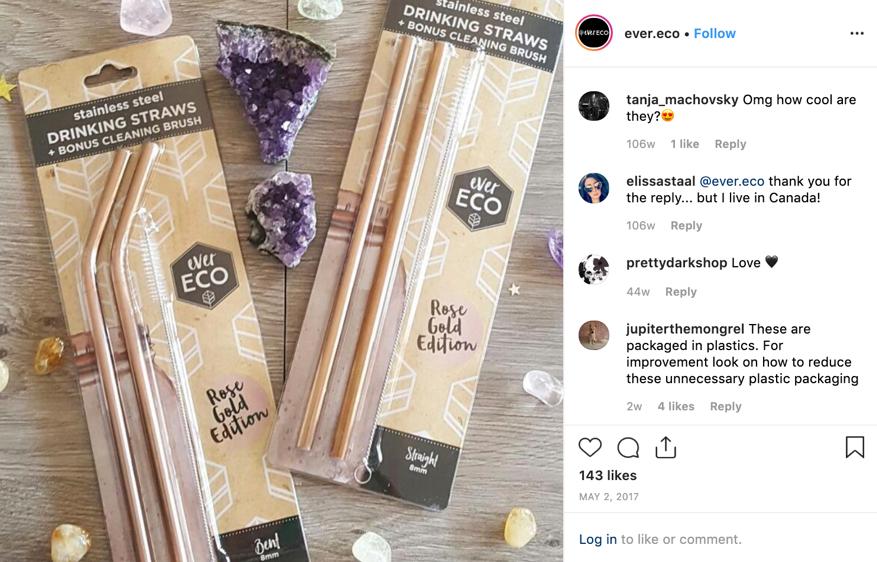
showing metal straws in plastic packaging and majority of the commenters don’t even realise the irony (Source: Ever.eco Instagram)
A Labbrand Group Company © 2005-2024 Labbrand All rights reserved
沪ICP备17001253号-3* Will be used in accordance with our Privacy Policy
To improve your experience, we use cookies to provide social media features, offer you content that targets your particular interests, and analyse the performance of our advertising campaigns. By clicking on “Accept” you consent to all cookies. You also have the option to click “Reject” to limit the use of certain types of cookies. Please be aware that rejecting cookies may affect your website browsing experience and limit the use of some personalised features.